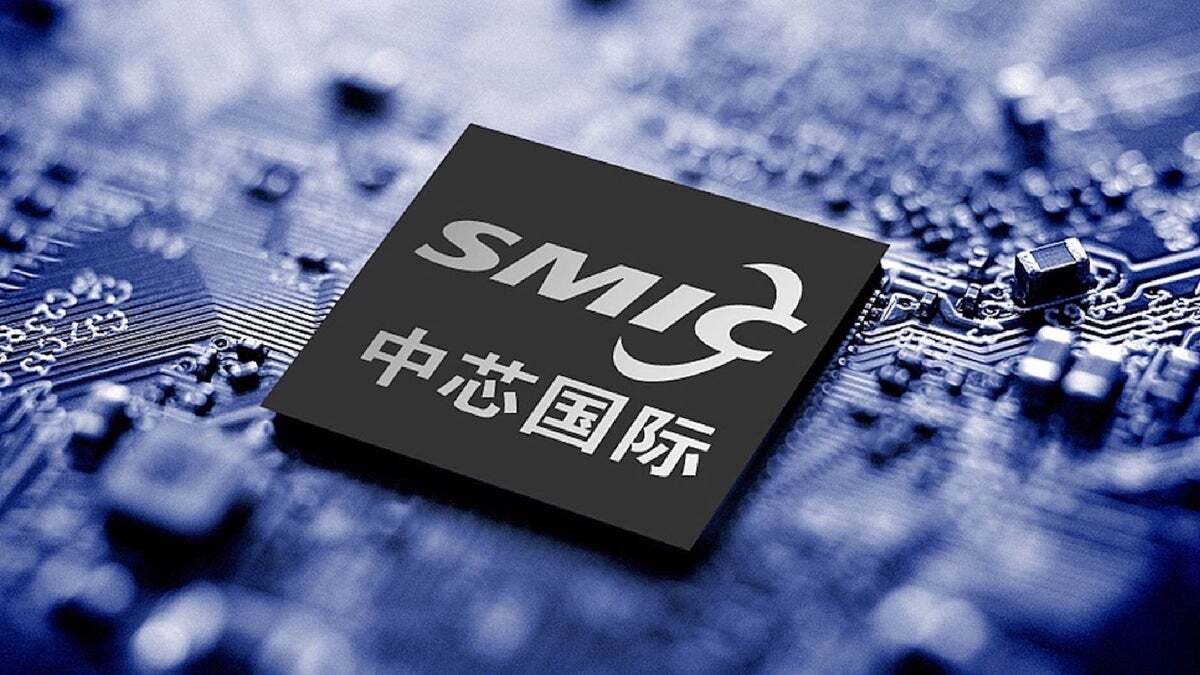Again in 2020, one yr after placing Huawei on the Entity Record stopping the corporate from doing enterprise with its U.S. suppliers, the U.S. Commerce Division went a step additional. New export guidelines had been crafted that forestall Huawei from acquiring cutting-edge chips from foundries that use American know-how to fabricate chips. This, plus sanctions stopping Dutch agency ASML from promoting its excessive ultraviolet lithography (EUV) machines to Chinese language foundries, had stymied Huawei.
The 5G Kirin 9000s AP was constructed by SMIC utilizing its 7nm node


China’s largest foundry and the third largest on the planet, SMIC, is manufacturing 5G chips for Huawei’s telephones. | Picture credit-SMIC
With the discharge of the Mate 60 line and the Kirin 9000s, the Commerce Division revoked licenses it had issued to Qualcomm permitting it to ship 4G-only Snapdragon chipsets to Huawei, and is wanting so as to add further sanctions on further Huawei suppliers within the U.S.. The Commerce Division has recognized greater than 120 Chinese language firms that might be added to the entity record. Further sanctions might be positioned on chip gross sales and chip software gross sales.
ASML, the Dutch agency that’s the solely firm on the planet to make and promote excessive ultraviolet lithography machines nonetheless sells much less succesful deep ultraviolet lithography machines to China. Lithography machines are used to etch circuitry patterns onto the silicon wafers that chips are constructed on. EUV machines can create the extraordinarily skinny traces on a silicon wafer which might be utilized by a foundry to assist them construct chips utilizing the 5nm course of node or decrease. The older DUV machines may help foundries construct chips as superior as 7nm.
The primary worry of U.S. lawmakers is China turning into able to constructing superior chips for its army
The letter goes on to say that failing to dam Huawei from acquiring U.S. know-how associated to semiconductor manufacturing would assist a small variety of chip software corporations within the U.S. “on the expense of chipmakers worldwide who can’t promote their chips, undermining the intent of the Huawei itemizing, and hurt our nationwide safety.” A Commerce Division spokesperson mentioned that the letter has been obtained and the company will reply by way of “acceptable channels.”
Whereas Chinese language International Ministry spokeswoman Mao Ning accuses the U.S. of “overstretching the idea of of nationwide safety, setting limitations and undermining regular cooperation between the 2 international locations,” the objective of the U.S. is not essentially to hobble Huawei despite the fact that the corporate has been branded a menace to nationwide safety. The true objective is to maintain cutting-edge chips out of the fingers of China’s army,


